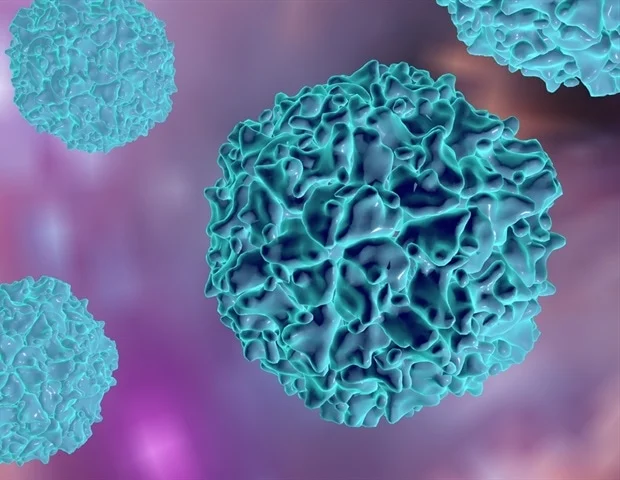Migraine headaches can be debilitating. People who are diagnosed with Migraine know that the symptoms can arise any time before, during or after the migraine attack. There are varying symptoms of Migraine headaches ranging from irritability to severe throbbing headaches. People have also complained of symptoms like sensitivity to light and sound and distorted vision along with unilateral (one-sided) headaches varying in intensity.
Migraine headaches also present with gastro-intestinal symptoms such as Nausea and vomiting in most patients. Nausea can occur at any time and it may or may not lead to vomiting. It has been shown that vomiting, in some cases, may alleviate or stop Migraine pain. Truth be told, some people with Migraine induce vomiting in order to make their headaches stop.
Causes of Migraine
It is unsure what causes Migraine headaches, however, a variety of triggers are associated with this condition, including bright lights, loud noise, changes in weather, hormonal changes, too much caffeine and alcohol intake, to name a few. Certain foods like chocolates and nuts may also trigger Migraine attacks.
Preventing nausea with Migraine
Prevention of Migraine induced nausea is possible and you may take a few steps to lower the frequency of Migraine attacks.
=Lifestyle modifications: These lifestyle changes involve following the mnemonic: SEEDS. It translated to getting quality and adequate sleep, eating balanced meals at regular and timely intervals, keeping yourself active and doing moderate exercises regularly, keeping a headache diary and managing your stress levels. You may be able to reduce the frequency and understand your triggers this way.
=Avoiding your triggers: Once you’re done tracking your migraine attacks, you would be able to a better picture of your triggers. It’s a great way to avoiding them and it can help prevent or decrease migraine attacks.
=Medications: Prescription medications by an expert neurologist can be a huge help in reducing the severity of the pain.
=Alternative practices: Like doing yoga, breathing exercises to keep you relaxed and manage your stress levels and Cognitive Behavioural Therapy may help reduce the number of attacks or prevent them, altogether.
Feeling nauseated and throwing up are common symptoms of Migraine and the attacks combined with these symptoms are agonising and unendurable. They can stop an individual from living their life to the fullest. Understanding your triggers and taking preventive measures can greatly help in leading a healthier quality of life.
The author is the Director & HOD at the Department of Neurology in SHALBY Sanar International Hospitals, Gurugram.














